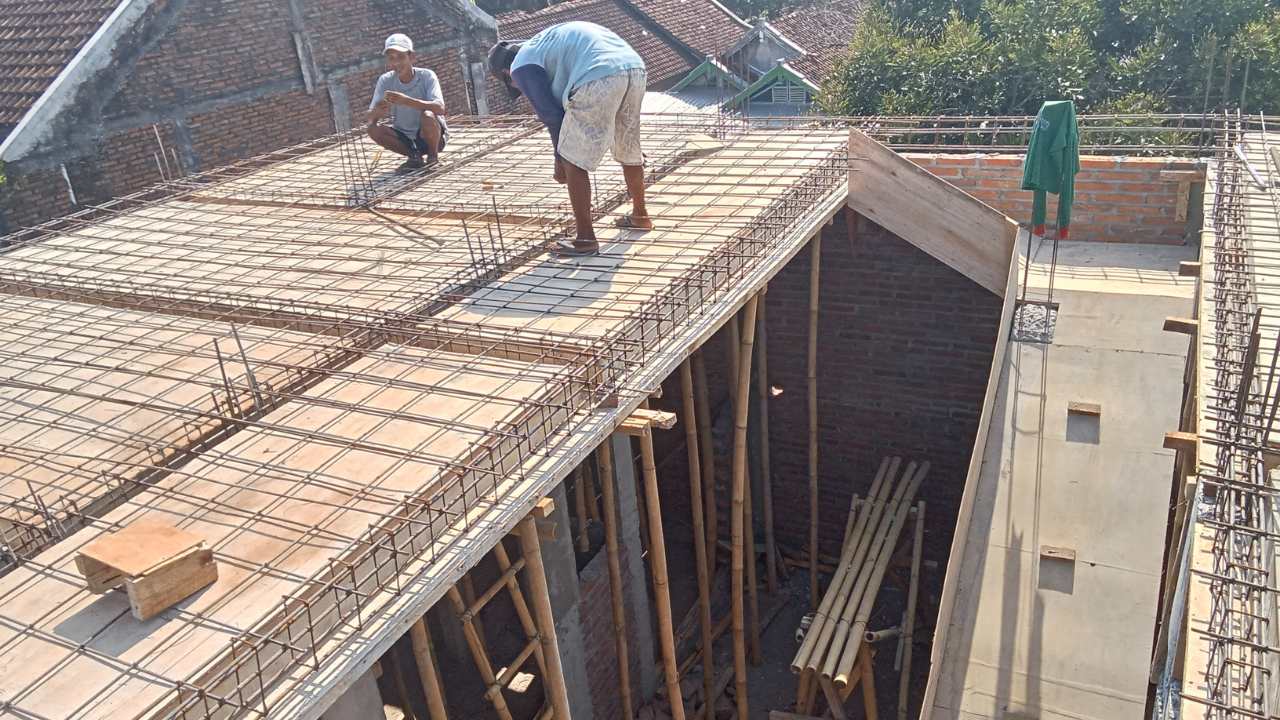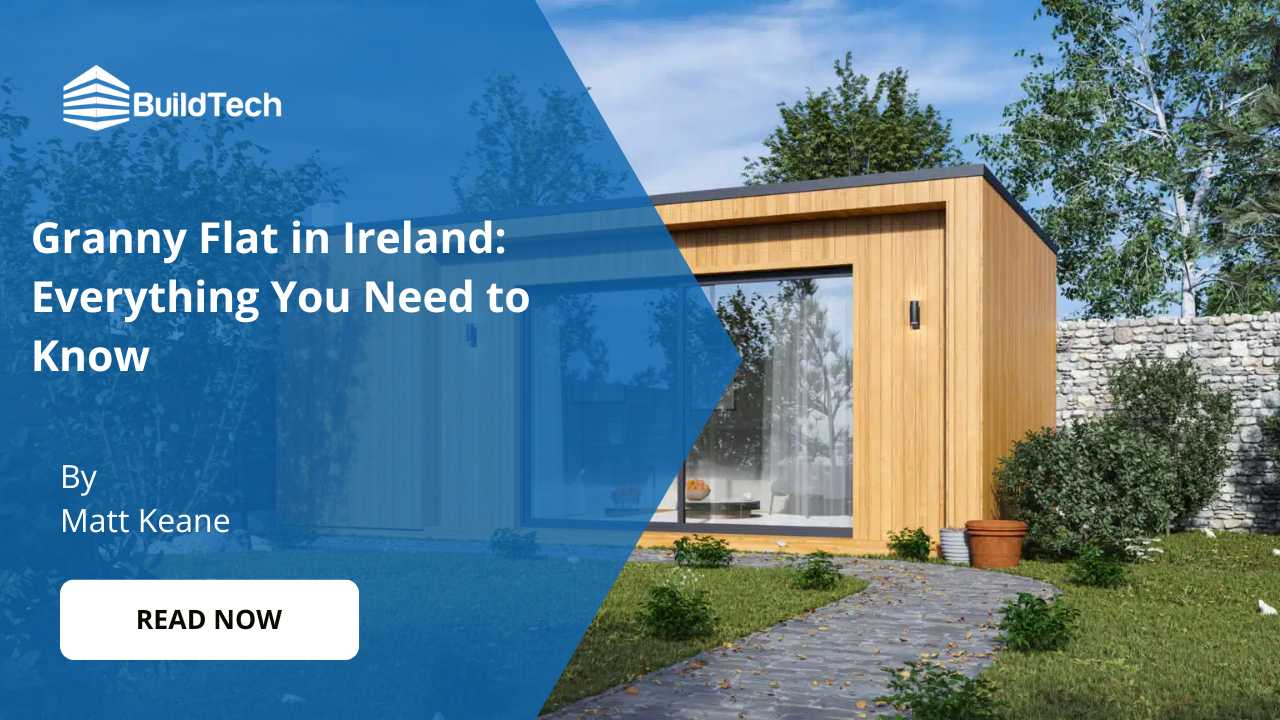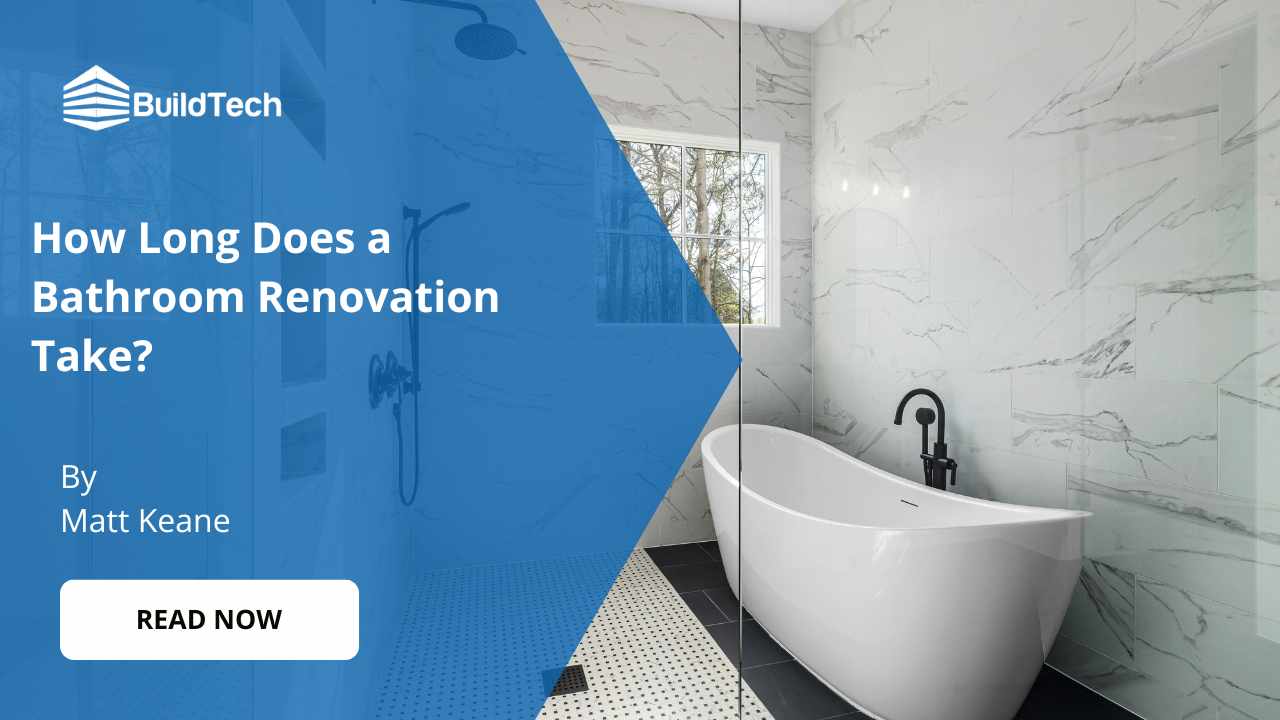Building a house in Ireland can involve a wide budget range, and the final figure often depends on where you build and how you spec the home. For a 3-bedroom semi-detached house, costs commonly sit between €354,000 and €461,000, with regional differences playing a big role, and this is typically excluding land costs.
Current 2024–2025 guidance also places construction costs at roughly €2,500 to over €3,450 per square metre, with higher-spec builds moving towards €5,000 per square metre. Prices in the Greater Dublin Area (GDA) are usually higher, driven by increased labour and material costs. Development levy costs can also add pressure in certain locations.
This guide breaks down the key costs so you can plan with fewer surprises.
Let’s start!
What Are The Key Cost Drivers for Building a Home in Ireland (2024–2025)?
Costs can swing a lot depending on location, spec, and what’s happening with labour and materials.
Below is a clearer view of the main factors, with the current price ranges included.
Regional price differences
Where you build can change the total by tens of thousands. For example, a 3-bed semi-detached home in the Northwest is often around €354,000, while a similar build in the GDA (Dublin, Kildare, Meath, Wicklow) averages closer to €461,437.
Higher demand and labour pricing are big reasons for the gap.
One-off build cost per square metre

Detached one-off homes in rural areas are commonly priced at roughly €2,450 to €3,000 per sq metre (about €228 to €278 per sq ft).
If you choose a high-spec build, costs can move towards €5,000 per sq metre (around €450 per sq ft), especially with premium finishes and complex design.
What makes up the overall cost
The biggest share is usually “hard costs”, meaning materials and labour, and both have risen sharply. You also need to allow for professional fees, levies, and land-related costs, which can be easy to underestimate.
This is why two quotes that look similar can end up very different once everything is added in.
Builder’s finish vs higher-spec finish
A typical “builder’s finish” is often priced at around €140 to €200 per sq ft. Higher-end finishes push costs up quickly due to upgraded kitchens, bathrooms, flooring, and unique details.
This choice is a major driver of the cost of building a house in Ireland.
Why costs have been rising
Inflation, labour shortages, and higher material prices continue to push budgets up. In the GDA, costs have reportedly risen by about 24% since 2020, which shows how quickly the market can move.
That’s why recent pricing is worth checking before you commit to a plan.
What Are The Additional Costs People Forget When Pricing a Self-Build?
Your build budget is not just blocks, labour, and finishes. A few “side” costs can add up fast and change the cost of building a house in Ireland more than most people expect.
Site and land-related costs
Buying land and getting the site ready can be a major spend before work even starts. In the GDA, site costs are often around €70,000, depending on the plot and conditions.
Access, groundworks, and connections can push this higher.
Development levies

Local councils may charge development levies as part of the planning and build process. These commonly range from €2,000 to €20,000, depending on the area and the type of build.
It is worth checking early so it does not catch you late in the budget.
Professional fees
Architects, engineers, and surveyors are usually essential for planning, design, and sign-off. A typical allowance is around 5% to 15% of the overall project cost, depending on the level of service.
More complex builds often sit towards the higher end.
What Are The Main Areas That Shape Your House Build Budget?
To price a build properly, you need to look beyond the headline figure and break costs into land, construction, and the final fit-out.
Land and purchase costs
The plot is often one of the largest costs, especially in high-demand areas where prices rise quickly.
You should also allow for legal work and purchase-related charges, which can add a noticeable amount. These are easy to miss if you only focus on the land price.
Core construction costs
This is the “bones” of the build: groundworks, foundations, structure, roof, and the labour to get it done.
Costs can change depending on material prices, availability, and where you are building. Complex designs and tighter access usually increase time and spend.
Finishing and fit-out costs
After the structure is up, the spending continues with plumbing, electrics, heating, insulation, and internal finishes.
Flooring, tiling, kitchens, and painting can quickly push the budget up if choices are not planned early. The finish level you choose has a big impact on the final total.
Conclusion
Building a home in Ireland is a big project, and the cost can change quickly depending on where you build, the size and spec, and the extras people often forget such as site works, levies, and professional fees. This guide has covered typical price ranges, why costs differ across regions, and how choices like a builder’s finish versus a high-spec finish can shift your budget. The smartest move is to plan early, price everything clearly, and allow a buffer for changes along the way.
If you want help turning your plans into a realistic build budget, contact BuildTech today. We can guide you from early costing through to finding the right team to deliver the job.


















